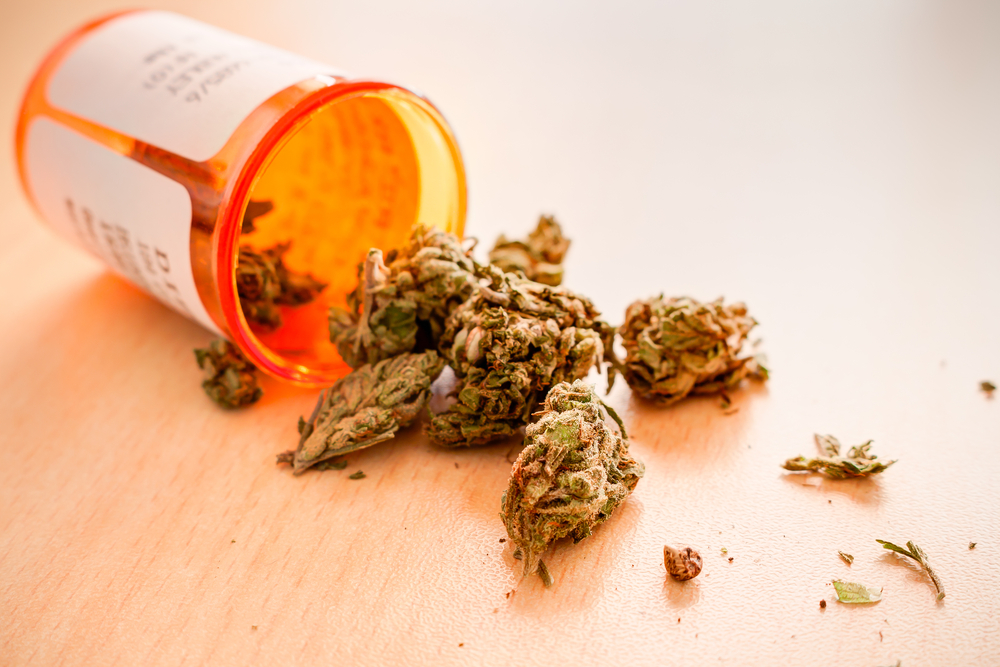Medical Cannabis Awareness Week – From Nov. 1-7 people across the nation will be working to increase education, awareness, and support for medical cannabis during National Medical Cannabis Week (NMCW).
The first week of November is observed as Medical Cannabis Awareness Week to shed light on the important role medical marijuana plays in the lives of those whose health can benefit from medicinal marijuana.
The goal is to lose the stigma involved with use of cannabis (also known as marijuana) and to help those who need it get better access to the medicinal herb.
From Nov. 1-7 people across the nation will be working to increase education, awareness, and support for medical cannabis during National Medical Cannabis Week (NMCW).
In addition to spreading the word about the effectiveness of medical marijuana for many there will also be public forums to discuss cultivation science and the future of marijuana growth as well as ways we can all work together to remove barriers to access.
Cannabis can be used to treat a variety of conditions like chronic pain, cancer, anxiety and depression, epilepsy and more. It has also been shown to have benefits for individuals living with mental health disorders such as PTSD or schizophrenia.
It is a quickly growing segment of the pharmaceuticals market and is expected to reach upwards of $146B by the end of 2025 according to Grand View Research.
Currently, there are 37 U.S. states that have legalized the use of medical marijuana. Patients may be prescribed various preparations containing extracts from the cannabis plant such as oils or pills; however, these treatments are only available through state dispensaries. The plants themselves cannot be prescribed by doctors because they contain THC (tetrahydrocannabinol), which causes psychoactive effects like euphoria or anxiety when consumed in high amounts.
When it comes to medical waste disposal of marijuana, anything that is tainted with THC residue is considered a controlled substance and requires destruction. Rules on the disposal of medical marijuana waste call for incineration, composting, approved landfill disposal or in-vessel digestion so that the product is not retrievable or it must be returned or recalled.
From the doctors, dispensaries and even those using the drug, it is important to know how to dispose of contaminated items in adherence to FDA regulations.
You Might Also Like:
- It’s Flu Season: Waste Management Solutions for Vaccines
- What Happens to Medical Waste When It Leaves Your Facility
- What is Cradle to Grave Processing?

Service Areas: Long Island Medical Waste; New York City Medical Waste; Westchester Medical Waste and more


